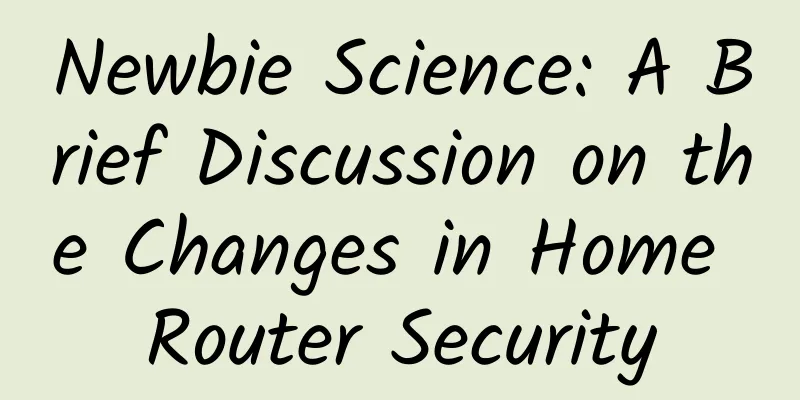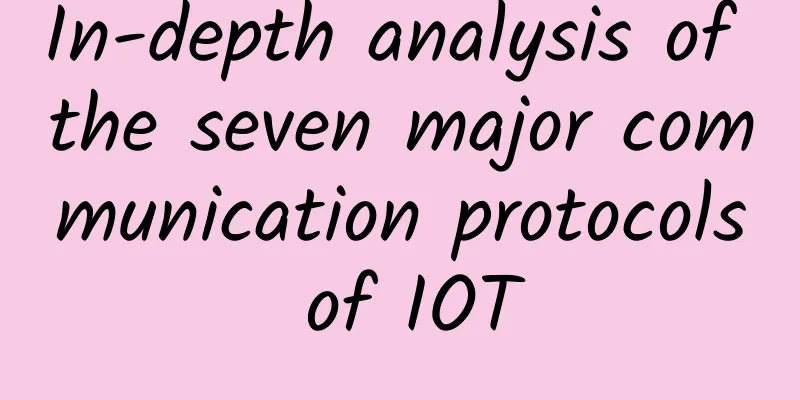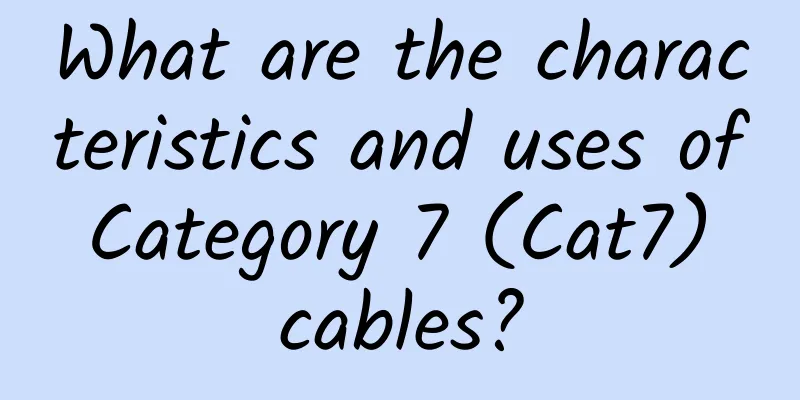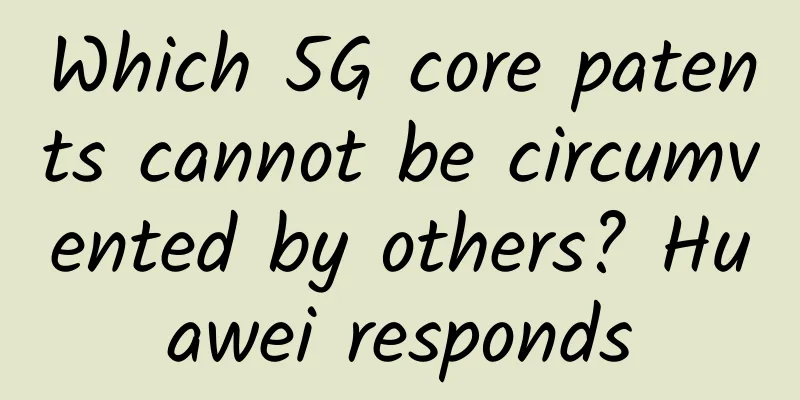UK 3G networks to end in 2025
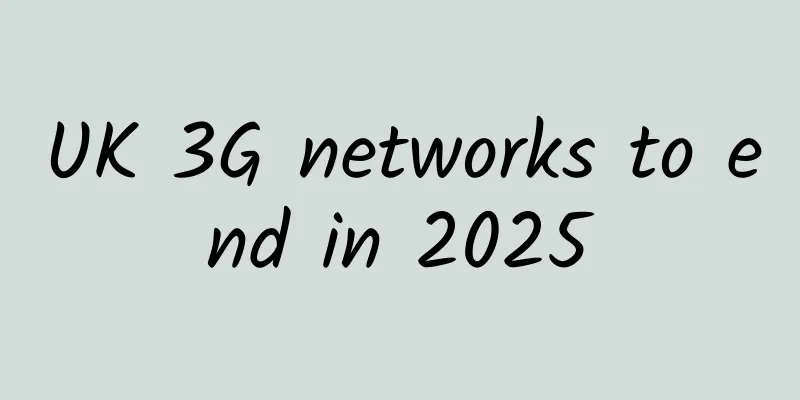
|
British telecom operator Virgin Media O2 (VMO2) has announced that it will begin shutting down its 3G network in 2025 and plans to complete the process in the same year. The UK operator's decision will also affect customers of mobile virtual network operators (MVNOs) operating on its network, such as Giffgaff, Tesco and Sky Mobile. The announcement means that 2025 will mark the end of 3G in the UK. So far, VMO2 has lagged behind its competitors, with several other UK mobile operators having previously announced 3G phase-out schedules. VMO2 will also be the last telecom company in the UK to shut down its 3G network, with Vodafone planning to completely phase out 3G technology in early 2024, and EE and Three following suit later in 2024. Telecom operators are shutting down legacy networks for a variety of reasons. One reason is to make better use of spectrum, as new-generation mobile networks offer higher spectrum efficiency and network capacity. As demand for data-intensive applications grows, maximizing the use of available spectrum is key. Another reason is to reduce energy consumption. According to VMO2, 3G accounts for 11% of the company's overall energy consumption, but the technology transmits less than 4% of the data. Meanwhile, 4G and 5G together account for 29% of energy consumption, while transmitting a whopping 96% of the data. As a significant part of a telecom company's operating expenses, energy use is an important consideration. Reducing energy use will also have an impact on carbon emissions: GSMA estimates that in a high-income country with a population of 80 million (the UK has a population of about 67 million), refarming 3G spectrum could save an additional 3 million tonnes of CO2 equivalent. However, it is vital to ensure that customers who rely on 3G networks for mobile internet access are not affected. VMO2 says its 4G network already covers 99% of the UK population and its 5G service will cover half the population by the end of the year. "VMO2 has announced that it will be contacting customers in advance to let them know about the change and has pledged to work with consumer groups and charities to help manage the network transition," VMO2 said. Meanwhile, voice calls and text messages will continue to work on 2G networks until they are also switched off. However, the switch-off of 2G networks may be more challenging due to IoT connectivity and voice roaming issues, and is expected to occur in 2033. |
<<: Explore how Gateway API works in Service Mesh
>>: The future of connectivity: Five breakthroughs in smart device research for 2023
Recommend
The black industry chain operators behind free traffic lose hundreds of millions every year
[[178087]] Behind the “free traffic” is actually ...
How to find the IP address of the router to improve work efficiency
How to find the IP address of a router is an esse...
5G in numbers: 5G trends revealed by statistics in the first half of 2021
[[420577]] 2021 marks the second anniversary of t...
Inspur Network Electronics Range Training Base officially launched
Recently, the "Inspur Network Electronic Tar...
[Black Friday] Ramnode offers free gifts for as much as you charge, cloud servers in data centers in Los Angeles/Seattle/New York/Netherlands
The last time I shared information about Ramnode ...
Should you upgrade your 5G package? Read this article before deciding
Recently, I often receive such calls on my two mo...
Flink 1.14 New Features Preview
This article is compiled by community volunteer C...
HostUS: Los Angeles VPS starts at $16 per year, with 8 data centers available including Los Angeles
It has been more than a year since I shared infor...
After 5G, four wireless technologies worth paying attention to
5G NR is a complex of contradictions. It is diffi...
Top 10 edge computing vendors to watch
Due to advances in the Internet of Things (IoT) a...
Driving industrial transformation in the intelligent era, Huawei Intelligent Computing 2019 is ready to go!
[51CTO.com original article] The first time the r...
Deutsche Telekom expects 5G network to cover 50% of the German population by 2022
Telefénica/O2, the German telecom operator contro...
79 yuan for 5 major memberships: Baidu Library/Tencent Video/Qunar/Watsons/Fotor Lazy Design
Recently, my iQiyi membership is about to expire....
How to ensure the secure integration of IT and OT
In today's rapidly developing industrial envi...
Omdia Observation: Small fiber network operators in the UK and US are driving the new FTTP boom
The latest report from market research firm Omida...
